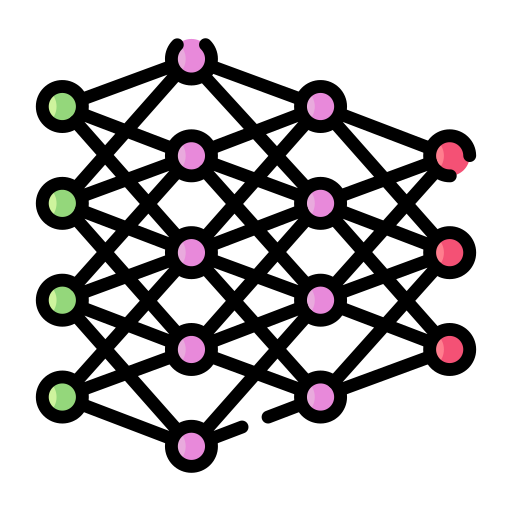
Relational Frame Theory (RFT) is a psychological theory that attempts to explain how humans develop and use language and other symbolic behavior to create meaning and understanding. RFT suggests that language and other symbolic behavior are based on the establishment of arbitrary relations among different stimuli, such as words, concepts, and experiences.
In other words, RFT proposes that language and other forms of symbolic behavior are not simply reflections of the world around us, but are rather products of our own arbitrary categorization and organization of that world. This categorization and organization is influenced by our social and cultural contexts, as well as by our own individual histories and experiences.
In RFT, experiences are linked to concepts through the establishment of relational frames. A relational frame refers to the arbitrary relationship that is established between two or more stimuli based on their shared properties or characteristics.
For example, if a child sees a red apple and is taught the word “apple”, they may establish a relational frame between the two stimuli (the apple and the word “apple”), based on their shared properties (such as shape, taste, and texture). Over time, the child may also establish other relational frames related to the apple, such as its color, size, or the context in which it is typically eaten.
As individuals continue to develop their linguistic and conceptual abilities, they build increasingly complex relational frames that allow them to categorize and understand their experiences more effectively. For example, a person may establish a relational frame between the concept of “love” and their experiences of positive emotions, social connections, and physical sensations. This relational frame can then be used to interpret and understand new experiences related to love, as well as to communicate about those experiences with others.
These links we make and the conclusions we draw upon for every concept we learn, make up our belief system. We can become more aware of the links (beliefs) we made between our experiences and concepts and re-frame these links to something more reasonable and balanced. In other words, we can change our beliefs one we know about them and question them. It just takes a little time and practice.
Practicing consistently is the key to mastering new skills.
Blog Categories:
Fundamentals | General | Emotions Explained | Exercises Explained | Personal Relationships | Organizations | Video Blogs | Written Blogs | Latest Blogs
